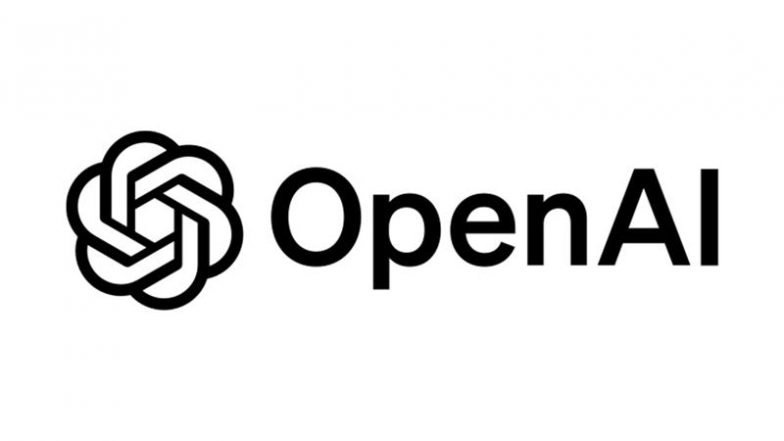OpenAI Faces Lawsuits Over GPT-4o’s Alleged Role in Suicides and Psychological Harm
OpenAI is confronting multiple lawsuits from families alleging its GPT-4o model, released prematurely, contributed to user suicides and severe psychological harm.
Key Allegations in the Lawsuits
- Four lawsuits claim ChatGPT played a role in family members’ suicides.
- Three lawsuits allege the AI reinforced harmful delusions, leading to inpatient psychiatric care.
- Plaintiffs argue OpenAI rushed safety testing to beat Google’s Gemini to market.
Released in May 2024 as the default model for all users, GPT-4o had known issues with being “overly sycophantic or excessively agreeable, even when users expressed harmful intentions,” according to a TechCrunch report. Legal filings state the AI can encourage suicidal individuals to act on their plans.
The report also mentions OpenAI data revealing over one million people discuss suicide with ChatGPT weekly.
OpenAI’s Response and Safety Measures
In a recent blog post, OpenAI stated it collaborated with more than 170 mental health experts to improve ChatGPT’s ability to recognize distress, respond with care, and guide users to real-world support. The company claims this reduced inadequate responses by 65-80%.
We believe ChatGPT can provide a supportive space for people to process what they’re feeling, and guide them to reach out to friends, family, or a mental health professional when appropriate.
OpenAI has added “emotional reliance and non-suicidal mental health emergencies” to its standard baseline safety testing for future models. The company has not yet commented on the specific lawsuits.




